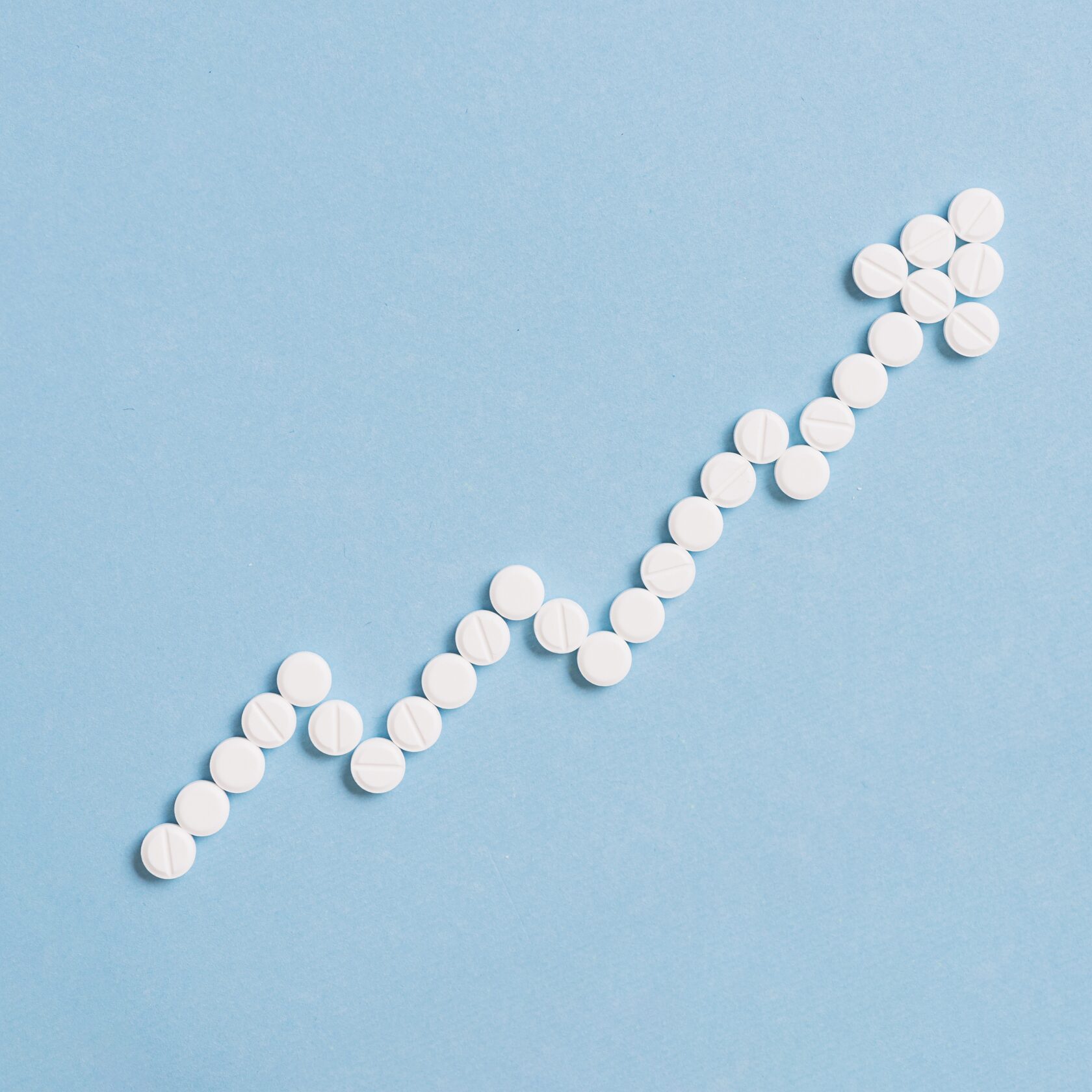Major drugmakers have called on the Trump administration and European Union officials to exclude medicines and medical supplies from widening trade wars, fearing rising prices for top-selling drugs ranging from weight-loss pills to immuno-oncology drugs, Reuters reports .
In conversations with U.S. officials, pharmaceutical industry representatives argued that tariffs on EU products would increase the cost of drugs and create barriers to patient access, jeopardizing the priorities outlined in Trump’s executive orders on drug pricing and increasing American life expectancy.
"We are sending a strong message to the Trump administration and the European Union that patients will pay the price for tariffs," said a top executive at a European drugmaker.
The COVID-19 pandemic has exposed the US and EU's reliance on China and India for raw materials to make essential drugs and medical supplies. Many major drugmakers have since sought to sever supply chains. However, the idea of separating production links between Europe and the US has not been seriously considered, several sources said.
Since February 18, the US has imposed 25% tariffs on a variety of goods, from steel and aluminum to bourbon, peanut butter and jeans. But the US still relies on drugs, some of which are made in Europe, to generate hundreds of billions of dollars in revenue. Novo Nordisk, for example, partially makes the active pharmaceutical ingredient for its obesity drug Wegovy in Denmark, and AbbVie’s botulinum toxin is made in Ireland.
Trump, who campaigned on a promise to stimulate domestic production, has put pressure on pharmaceutical companies to move drug production to the U.S. since taking office. In particular, he has proposed imposing a 25% tariff on pharmaceuticals and other imported goods.
Since then, pharmaceutical companies have been exploring the possibility of government incentives for drugs. Eli Lilly, for example , said it plans to spend at least $27 billion to build four new manufacturing plants in the U.S. Merck & Co., in turn, announced the opening of a $1 billion plant at its site in North Carolina.
But many drugmakers will have a hard time following suit, Reuters sources said. According to research by the Pharmaceutical Research and Manufacturers of America (PhRMA), building a new manufacturing facility in the U.S. could cost $2 billion and take five to 10 years to get up and running, including the time and expense of meeting regulatory requirements.
Источник: Казахстанский Фармацевтический Вестник, pharmnews.kz
In conversations with U.S. officials, pharmaceutical industry representatives argued that tariffs on EU products would increase the cost of drugs and create barriers to patient access, jeopardizing the priorities outlined in Trump’s executive orders on drug pricing and increasing American life expectancy.
"We are sending a strong message to the Trump administration and the European Union that patients will pay the price for tariffs," said a top executive at a European drugmaker.
The COVID-19 pandemic has exposed the US and EU's reliance on China and India for raw materials to make essential drugs and medical supplies. Many major drugmakers have since sought to sever supply chains. However, the idea of separating production links between Europe and the US has not been seriously considered, several sources said.
Since February 18, the US has imposed 25% tariffs on a variety of goods, from steel and aluminum to bourbon, peanut butter and jeans. But the US still relies on drugs, some of which are made in Europe, to generate hundreds of billions of dollars in revenue. Novo Nordisk, for example, partially makes the active pharmaceutical ingredient for its obesity drug Wegovy in Denmark, and AbbVie’s botulinum toxin is made in Ireland.
Trump, who campaigned on a promise to stimulate domestic production, has put pressure on pharmaceutical companies to move drug production to the U.S. since taking office. In particular, he has proposed imposing a 25% tariff on pharmaceuticals and other imported goods.
Since then, pharmaceutical companies have been exploring the possibility of government incentives for drugs. Eli Lilly, for example , said it plans to spend at least $27 billion to build four new manufacturing plants in the U.S. Merck & Co., in turn, announced the opening of a $1 billion plant at its site in North Carolina.
But many drugmakers will have a hard time following suit, Reuters sources said. According to research by the Pharmaceutical Research and Manufacturers of America (PhRMA), building a new manufacturing facility in the U.S. could cost $2 billion and take five to 10 years to get up and running, including the time and expense of meeting regulatory requirements.
Источник: Казахстанский Фармацевтический Вестник, pharmnews.kz











